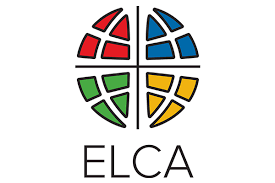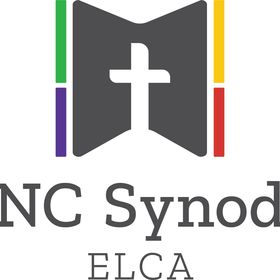Why Lutherans Celebrate the Music of Johann Sebastian Bach
Johann Sebastian Bach (1685-1750) was admired during his lifetime as an outstanding organist, harpsichordist, and also a gifted composer. It is for the overwhelming amount of music and the supreme quality of that music that Bach is considered the greatest composer of Western music in all of music history. He grew up in a family of Lutheran musicians in Germany and began playing organ and composing when he was a teenager. He held several prominent positions throughout his career, most notably Arnstadt, Mülhlausen, Weimar, Köthen and finally his most famous position as Cantor of St. Thomas Church in Leipzig.
Bach’s job not only consisted of playing and directing orchestras and choirs for worship, he also had to compose a cantata for each Sunday and Festival Day of the church year and rehearse and present these cantatas. These multi-movement works consisted of choruses for choirs, solos and instrumental interludes. Over 200 of his cantatas survive, though the number he wrote is closer to 300. In the 18th century composers did not write music for posterity. The idea that their music would be around after they were gone was foreign.
Bach not only wrote cantatas, he wrote numerous concertos, keyboard works, and works for secular occasions. For the season of Lent he wrote musical settings of the Saint Matthew and Saint John Passions, and for Christmas and Epiphany he composed the beautiful “Christmas Oratorio”. Each of these works takes 2 to 3 hours to perform.
One of his many amazing accomplishments are his arrangements of chorales, or 4-part hymns, for his congregations to sing. Bach arranged over 400 such pieces, which are considered masterpieces of harmonic composition. Bear in mind most of the tunes already existed; Bach wrote the amazing harmonies with which we sing them. One example is “O Sacred Head Now Wounded” (351 in our hymnal). The communion liturgy we will sing during October is adapted from various chorales by Bach.
If you are visiting Germany and wish to visit Bach’s grave you will find it beneath the altar at St. Thomas Church in Leipzig. July 28, the day Bach died, is celebrated as a Bach Feast Day in both the Lutheran and Catholic churches. At Grace we will celebrate October as “Bachtober”… because we think it sounds cool, and because Bach gave us so much to celebrate as Lutherans.
Burton Bumgarner
Director of Music Ministry




